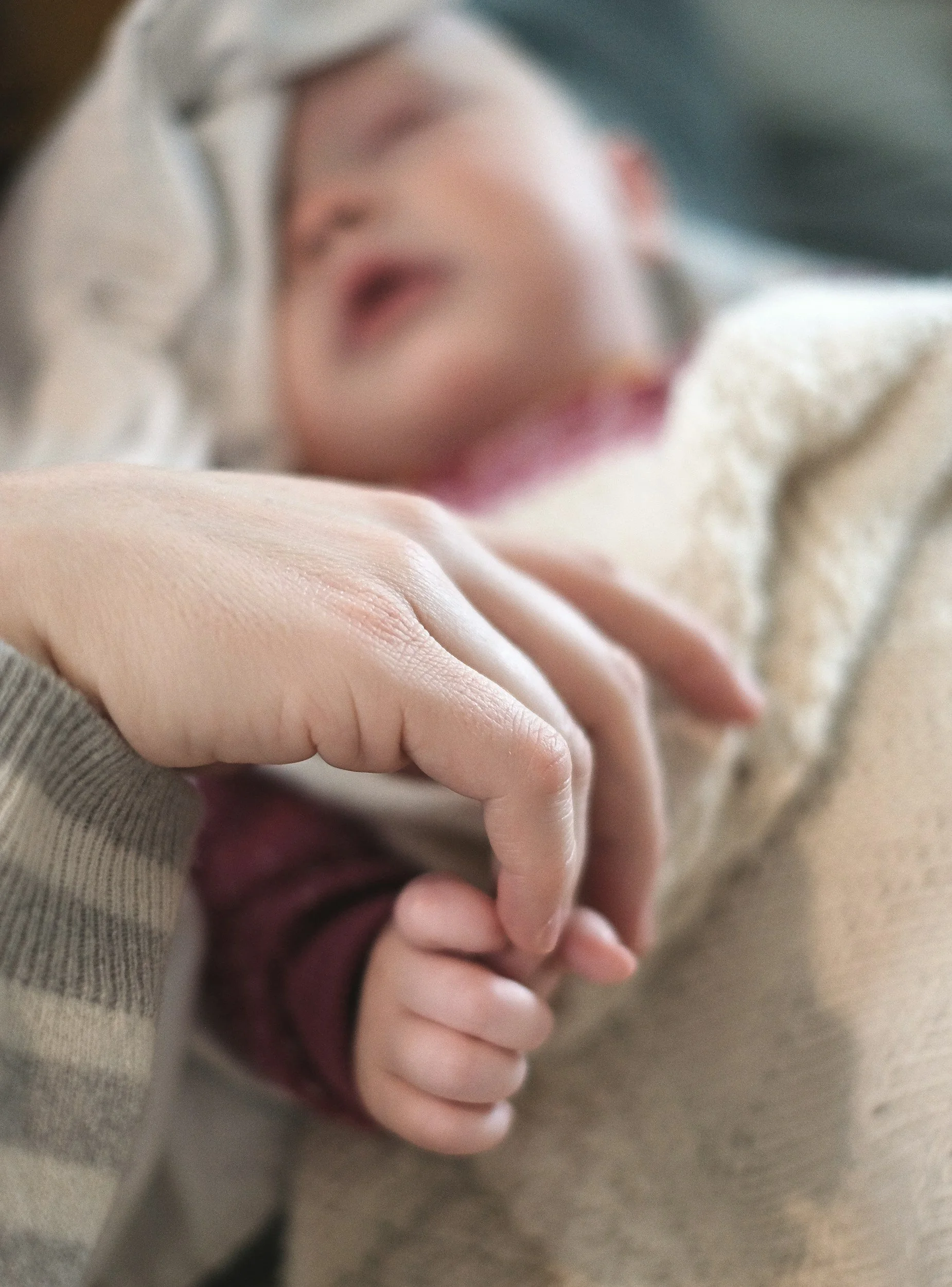The Importance of Sleep and Maternal Mental Health
By Lucy Hooper, Certified Infant Sleep Consultant
Becoming a parent is one of the most profound experiences in life, but it’s also one of the most exhausting. In the UK, where roughly one in five women experience mental health problems during pregnancy or in the first year after birth, the connection between sleep and maternal mental health deserves far more attention than it often gets.
Sleep: More Than Just Rest
Sleep is not a luxury; it’s a biological necessity. For new mothers, however, uninterrupted sleep can feel like a distant dream. Night feeds, changing routines, and anxiety about the baby’s wellbeing can all lead to chronic sleep deprivation.
When sleep is disrupted over time, it affects mood regulation, concentration, and emotional resilience. Research shows that poor sleep quality in the postpartum period is strongly linked to symptoms of postnatal depression and anxiety.
The Sleep-Mental Health Cycle
It’s important to understand that the relationship between sleep and mental health is bi-directional. Poor sleep can contribute to mental health difficulties and in turn, depression or anxiety can make it harder to sleep.
For example:
Anxiety can cause racing thoughts or panic that keeps you awake.
Low mood can disrupt the body’s natural circadian rhythms.
Stress hormones such as cortisol remain elevated, preventing restful sleep.
This cycle can become self-perpetuating if not recognised early.
Postnatal Depression and Sleep Deprivation
Postnatal depression (PND) affects around 10–15% of mothers in the UK. Lack of sleep doesn’t cause PND on its own, but it can worsen symptoms and make recovery more difficult.
In the early weeks after birth, it’s natural for sleep to be broken but ongoing exhaustion can leave mothers feeling overwhelmed, tearful, and disconnected from their baby. Recognising this as a health issue rather than a personal failing is crucial. No one can function well on little to no sleep.
Supporting Better Sleep for New Mothers
While perfect sleep isn’t realistic with a newborn, there are steps families can take to support maternal wellbeing:
Share the load: If possible, partners or family members can take turns for night feeds or early mornings. Even one longer stretch of sleep can make a difference.
Nap strategically: Rest when the baby rests, even if it’s just 20 minutes. Forget the housework for now recovery matters more.
Create a calming bedtime routine: Try gentle lighting, a warm bath, or mindfulness before bed.
Ask for help: Talk to your GP, midwife, or health visitor if you’re struggling. The NHS offers perinatal mental health support, and charities like Mind, Tommy’s, and PANDAS Foundation UK have helplines and peer groups.
Avoid isolation: Connecting with other parents through local baby groups or online communities can help reduce stress and normalise the challenges of early parenthood.
Looking After Mothers Helps Babies Too
Maternal sleep and mental health don’t just affect the parent they influence bonding, infant development, and family wellbeing. When mothers are supported to rest and recover, babies thrive too.
Public health experts in the UK are increasingly recognising that postnatal care should focus as much on the mother’s wellbeing as on the baby’s growth. Sleep is at the heart of that equation.
In summary:
Sleep is not an optional extra, it’s a foundation of maternal mental health. By making rest a priority and seeking help early, mothers can protect both their own wellbeing and that of their families.
If you or someone you know is struggling, contact your GP or visit:
NHS Mental Health Services: https://www.nhs.uk/nhs-services/mental-health-services/how-to-find-local-mental-health-services/
PANDAS Foundation UK: www.pandasfoundation.org.uk
Mind: www.mind.org.uk


